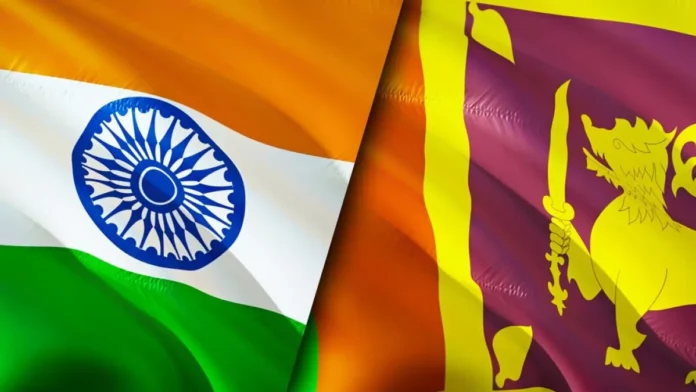By: Staff Writer
June 23, Colombo (LNW): Sri Lanka is used to repay in instalments tos settle around US $2.2bn in Asian Clearing Union ACU credit and $400mn swap to India, via the two countries’ central bank.
According to IMF staff report on the first review of the EFF program has revealed that these two will be combined into one $2.6bn bilateral swap and repaid to RBI in tranches through 2023-2026.
Given that these two facilities were initially provided in early-2022 as short-term instruments, this is essentially a de-facto restructuring, several economic analysts said.
Earlier in the year Indian emergency financing facilities to Sri Lanka in 2022 amounted to about $4bn, of which about $3.3bn was utilized in 2022.
The biggest portion of this financing came through $2bn in Asian Clearing Union (ACU) trade liabilities. A further $400mn swap was provided by the Reserve Bank of India (RBI).
Sri Lanka’s central bank has repaid 225 million US dollars to the Reserve Bank of India in the first quarter of 2024, on top of earlier repayments, official data shows.
In October 2023 the Sri Lanka gave a Treasury guarantee to cover a 2,601.43 million dollar credit from RBI to Sri Lanka’s central bank.
Sri Lanka’s got deferred payments due to India via the Asian Clearing Union during the worst currency crisis triggered by rate cuts since the creation of the central bank.
According to official data the outstanding debt due to the Reserve Bank of India fell to 2,226.43 million US dollars by end March 2024 from 2,451.43 million dollars in December.
From October the central bank had repaid 375 million dollars to India.Sri Lanka has repaid debt and also collected reserves by avoiding precipitate rate cuts.
Repaying foreign debt or collecting foreign reserves requires interest rates to be kept a little higher to crowd out domestic credit and investments.
However, if rates are cut, claiming historical inflation was low, and the blow market rates are enforced with open market operations, forex shortages will develop and reserves will be run down.
Analysts have said that RBI loans and swaps, which were used to intervene in forex markets, also led to their sterilization with new money effectively re-financing private sector credit and delaying a correction the balance of payments.
Through the repayment extension to 2026, the RBI has contributed implicitly to a limited extent to debt relief in the near term and increased the CBSL’s space to maneuver in terms of foreign currency and reserves in 2024.
Especially to meet the IMF expectation of raising gross reserves from $3.6bn at end-Nov to $3.8bn at end-2023 and further to $5.3bn at end-2024.


